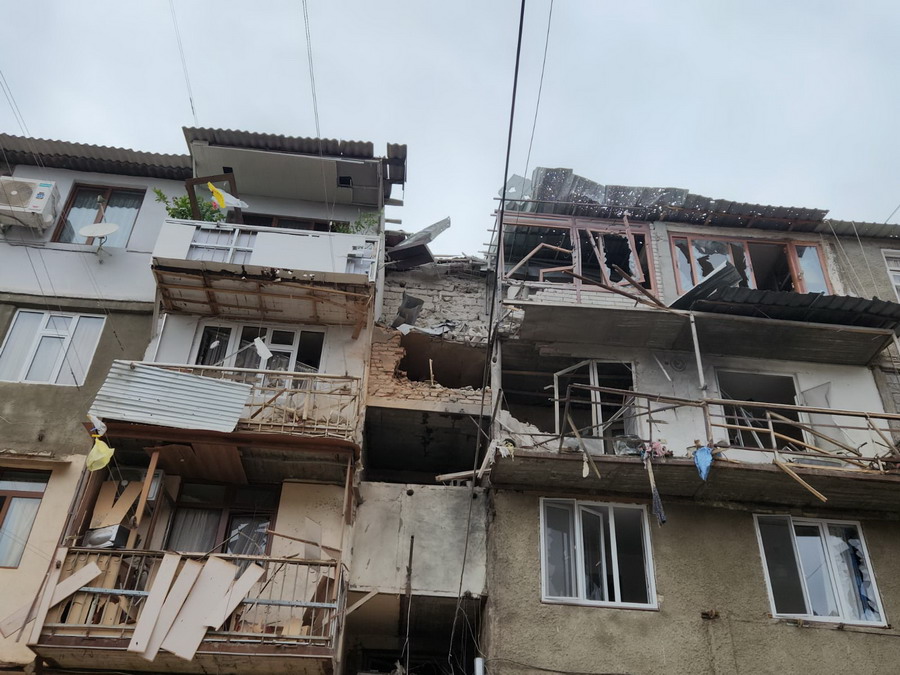If Russia does not want Azerbaijan to attack Artsakh, it will not happen. It was true in April 2016; it was true in September 2020. It is even truer now that there are so-called Russian “peacekeeping forces” in Artsakh. The word suggests that these armed men are there to “keep the peace,” that is, to prevent hostilities. If they cannot avert escalation, they are not peacekeepers; they are observers at best.
This time, in the face of Azerbaijan’s attack, Russia’s approach, which essentially condones the enemy’s genocidal actions, is quite transparent. Maria Zakharova, the Official Representative of the Russian Foreign Ministry, expresses this position. She writes: “The Armenian Foreign Ministry calls on the UN Security Council and Russian peacekeepers to take measures to stop Azerbaijan’s military operations in Nagorno-Karabakh. And what should we do about official Yerevan recognizing Nagorno Karabakh as part of Azerbaijan?” When Azerbaijani shelling kills civilians, including children, and the Russian “peacekeepers” do not bat a finger, such statements, agree, sound quite cynical. Earlier, Zakharova listed Armenia’s “unfriendly” steps: the Armenian-American military exercises, the possible ratification of the Rome Statute, contacts with Kyiv.
During the same period, the First Deputy Chairman of the Security Council of the Russian Federation, Dmitry Medvedev, who became more of a blogger during the war against Ukraine, wrote about Pashinyan (without giving his name): “He lost the war but strangely stayed put. Then, he decided to blame his lackluster defeat on Russia. Then, he gave up some of the territories of his country. Then he decided to play games with NATO, and his wife demonstratively ran to our enemy with cookies in her hand.” (Let me ask in parentheses: who helped Pashinyan to stay in his place after losing, who glorified his “bravery”?)
With Russia’s stance that provokes escalation,, in short, everything is clear. The list of grievances is also well-known. In response to these grievances, supporters of the Armenian government say: “Pashinyan is doing well; we are a sovereign country.” I would gladly join those cries if the consequences of all those steps were carefully calculated in terms of finding alternatives for the security of Artsakh and Armenia.
Read also
For example, in Prague, Pashinyan recognized Artsakh as a part of Azerbaijan with the “patronage” of Charles Michel. Can Charles Michel prevent Azerbaijan’s attack on Artsakh? Or, could American military personnel training in Armenia stand up to Azerbaijan the next time that country attacks Armenian sovereign territory? (Does anyone doubt that will happen?) No, such calculations were not made; the steps are carried out under the influence of emotions, perhaps in a hysterical attack. And it’s a crime adventure, to say the least.
ARAM ABRAHAMYAN






















































